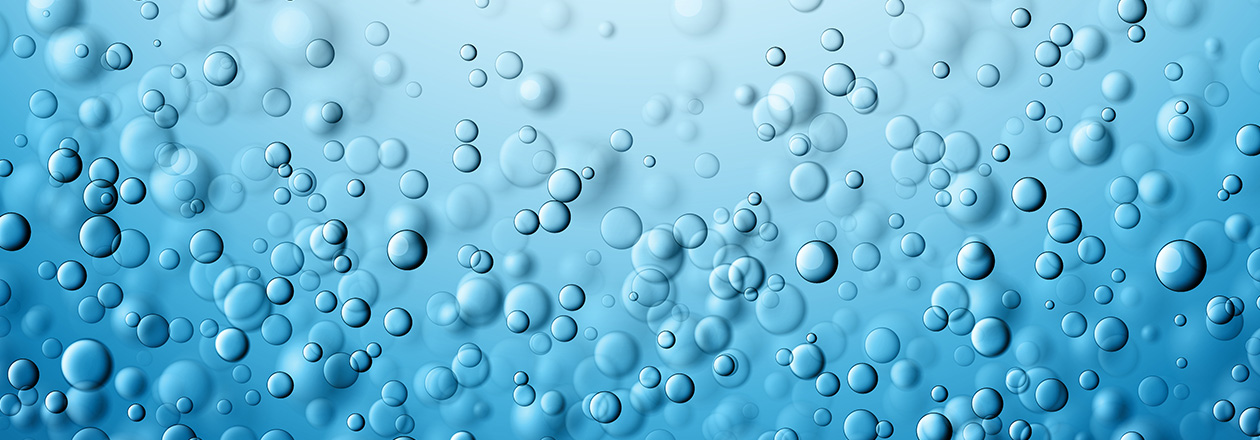
Before you read this, know that I do not claim to be an expert on these matters, and it's possible that someone else has already thought of this and I just don't know it. In fact, there is a high probability that I'm completely wrong. That's what makes this so fun!
My Hypothesis
To measure time in seconds, hours, etc is to short change our ability to control time. One second to me is not necessarily one second to you. In this, I believe, we can control time. Not time management, I mean actually control time. Slow it down and speed it up.
Time only exists if changing from one state to another.
Absence of time:
1 becomes 1, No state change = no time
Presence of time:
Liquid + Energy + Time = Gas
Theoretically: Liquid + Energy = Gas
Reality: Liquid + Energy + [Time] = Gas
In this case, [Time] approaches a limit of zero, but never reaches zero.
The bike breakdown:
Bike parts + [Assembly Time] = Bike
In this case, [Assembly Time] is not fixed, nor constant. Here we can control how long we want the "aging" process to be. This is how we control time.
We can never truly answer the question: "How much time does it take?"
We can never know this in terms of periodic increments. We can however know this in terms of conversion points moving from one state to another. Time can be quantified by whatever influences need to happen to move from one state to another.
Theory: Measure age by comparing a matter's state
Say two bowls of water are each age zero, they're poured at the same time. Each bowl of water is now a gas after 10 minutes. Each bowl's physical states are the exact same. Bowl #1 reached gas at 5 minutes. Bowl #2 reached gas at 10 minutes. In terms of state change, both bowls were the same age at different times. In this case, time is relative. To Bowl #1, Bowl #2 appears half its age after 5 minutes.
Imagine at gas state, the water is considered "dead".
If the water is able to prevent the physical influences that would change it to gas state, would it then achieve eternal life? Could humans in the same manner, by preventing the state changes in our own body, approach the same possibility?
By not measuring time in regular increments, but in the observation of state changes, is it then possible that two people born at the same time are different ages, because one person's state changes are slower than the other. If your body stays the exact same from one week to another, do you age? If a bowl of water stays the exact same, does it age? I believe the answer to both is no.
Could yoga help you slow down the state changes?
Could we really have this power over time, and not be controlled by it?
What does this mean to development?
If you thought the Y2K bug was a beast, imagine the PHP date functions and similar in relatively measured time. I'm working on some big data theories and tests that might lead to better discovery of this. Imagine constructing a DNA strand made up of that which is resistant to state change.
